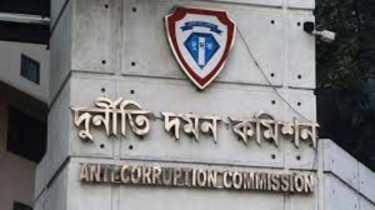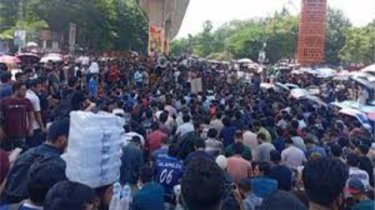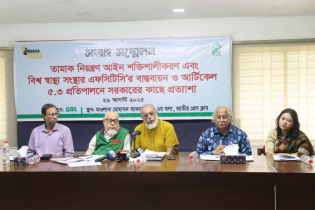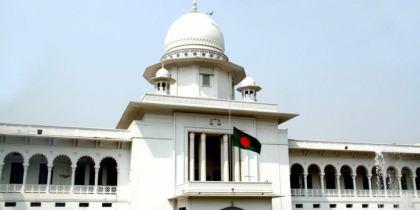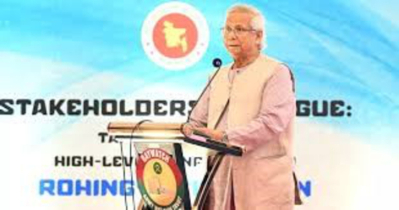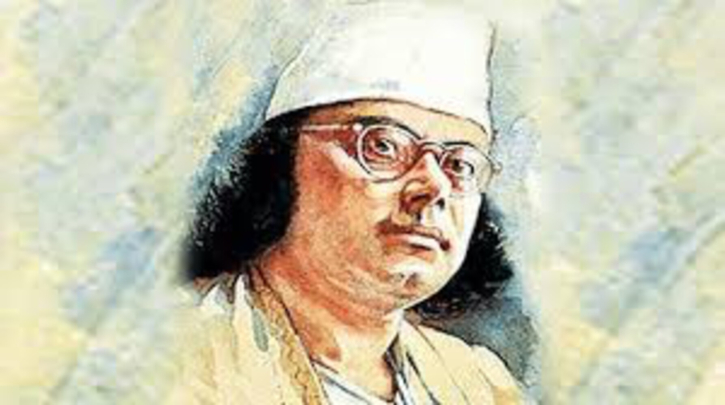
Today marks the 49th death anniversary of the national poet Kazi Nazrul Islam.
Born on Jyaishtha 11, 1306 in the Bengali calendar, at Churulia in Burdwan under British-ruled India, Nazrul was a poet, lyricist, musician, revolutionary, and philosopher. He is best remembered for his iconic poem 'Bidrohi' (The Rebel) along with numerous other poems and timeless songs.
The nation drew inspiration from Nazrul’s poems and songs during the War of Independence as well as in various democratic movements and struggles.
Nazrul composed around 2,400 songs, collectively known as Nazrul Geeti, most of which he tuned himself.
Known as the rebel poet for his defiance against injustice and social taboos, Nazrul left his studies to join the British Indian Army as a non-commissioned officer and was stationed in Karachi.
After leaving the army, he settled in Kolkata, where he launched a fortnightly magazine titled Dhumketu (The Comet). The magazine carried a bold voice against British rule, leading to his imprisonment for publishing his poem Anandamayeer Agomone.
In prison, Nazrul did not stop writing. He wrote, ‘Rajbandir Jabanbandi’ and after a prolonged hunger strike, he was released from the prison. But throughout the 1920s, he found most of his work banned.
Although known for his firm criticism of imperialism, social and religious taboos, Nazrul also explored the themes of love, romance and devotion in his literary works.
Nazrul introduced a powerful literary style that was bold and innovative. His incorporation of Persian and Arabic vocabulary into Bengali poetry opened new horizons in literature.
In the 1930s, India’s leading gramophone company, HMV, employed him as a full-time lyricist. Later, he also served with the All-India Broadcasting Authority.
In 1942, he developed a rare neurological disorder that led to the loss of his voice and memory.
After the War of Independence, with consent of the Indian government, Bangladesh’s founding president Sheikh Mujibur Rahman brought Nazrul and his family to Bangladesh on May 24, 1972, and the poet was given a house at Dhanmondi in the capital Dhaka.
In recognition of his immense contribution to Bangla literature and culture, Dhaka University conferred upon the poet an honorary D.Litt degree at a special convocation on December 9, 1974. In January 1976, the Government of Bangladesh granted him citizenship, and on February 21 of the same year, he was honored with the Ekushey Padak.
Nazrul passed away on Bhadra 12, 1383, and was laid to rest beside the central mosque of Dhaka University.
TH

.png)
